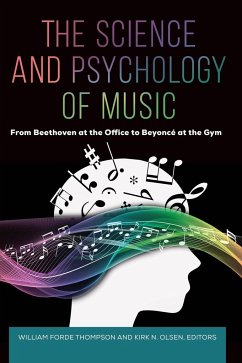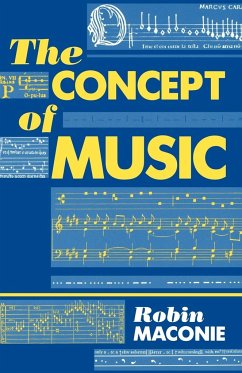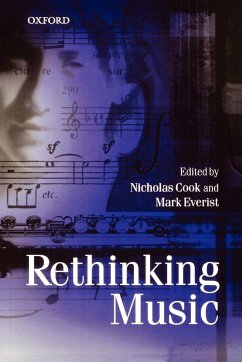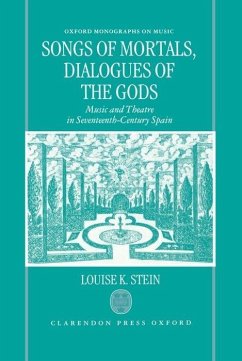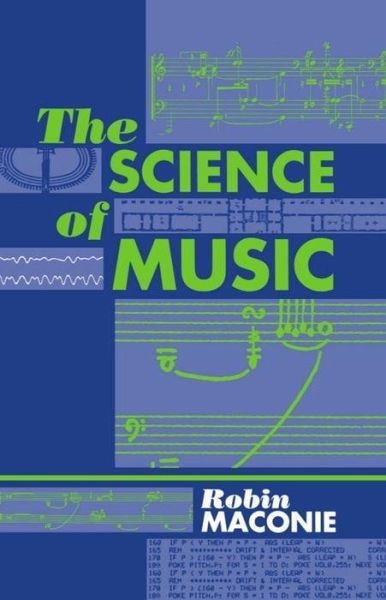
The Science of Music
Versandkostenfrei!
Versandfertig in 1-2 Wochen
85,99 €
inkl. MwSt.

PAYBACK Punkte
43 °P sammeln!
Apart from providing an outlet for human emotions, does music have a use? Is a Mozart symphony intelligent, and is music a language? If so, what does it say and how does it say it? In this perceptive and revolutionary sequel to The Concept of Music, Robin Maconie teases out the musical science underlying subjects as diverse as Pythagoras's theorem, Plato's city state, mysteries of religion, myth, and folklore, theories of the mind, and key insights of Newton, Freud, and Wittgenstein. Western civilization is based on a foundation of universal laws derived from acoustics and hearing. Music is no...
Apart from providing an outlet for human emotions, does music have a use? Is a Mozart symphony intelligent, and is music a language? If so, what does it say and how does it say it? In this perceptive and revolutionary sequel to The Concept of Music, Robin Maconie teases out the musical science underlying subjects as diverse as Pythagoras's theorem, Plato's city state, mysteries of religion, myth, and folklore, theories of the mind, and key insights of Newton, Freud, and Wittgenstein. Western civilization is based on a foundation of universal laws derived from acoustics and hearing. Music is not only the product of that civilizing process but also the key to understanding the hidden structures and rituals of established belief. Beneath the surface of mass entertainment lie musical notations, images, instruments, and ensemble interactions to be understood afresh as models and mind games in an ongoing programme of scientfic discovery, information management, and social organization. That understanding is exciting in itself, has important educational and cultural implications, and is essential for future progress in musical composition.




